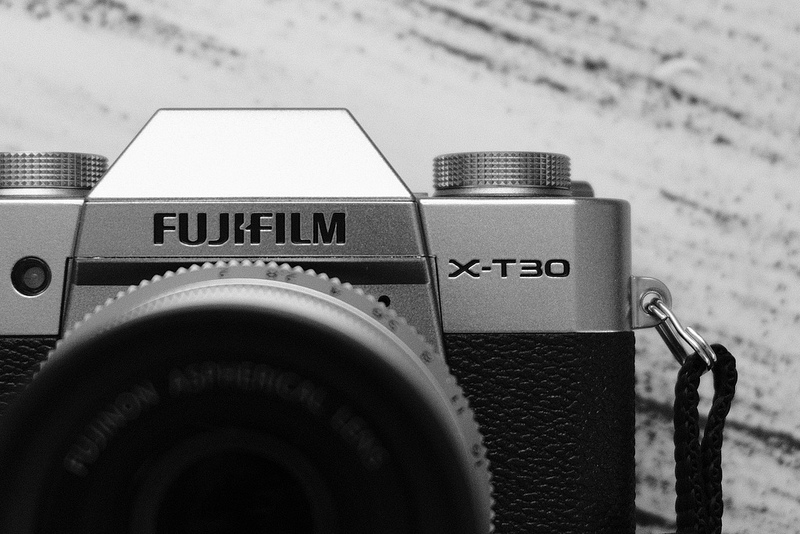
Comparing X.509 Vertificates with SSI
Phil Windley // Thu May 27 09:00:00 2021 // decentralized+identifiers identity pki ssi x.509
X.509 certificates have been around for 40 years and have proven to be a trustworthy means of exchanging data. So, what are the differences between X.509 ceritificates and SSI? And what are the advantages of each?
X.509 is a standard that defines the format for public key certificates. Public key certificates can be used to tie a public key to other information. The most common use, by far, is TLS/SSL, the basis for trust in HTTPS, the protocol that secures the Web. In TLS, the certificate binds a public key to a domain name (and perhaps other information).
The first challenge for many people is determining whether X.509 certificates are more like verifiable credentials or DIDDocs. This is understandable since X.509 combines the functions of these two separate SSI standards. X.509 certificates themselves are more like DIDDocs in that they bind information to a public key. But the hierarchical public key infrastructure (PKI) of X.509 is meant to attest to the veracity of the the X.509 certificate. And X.509 extensions allow other information to be included. DIDDocs don't have anything like PKI. Rather SSI uses verifiable credentials to assert information about a decentralized identifier in a trustworthy way.









/cdn.vox-cdn.com/uploads/chorus_asset/file/9594885/jetsons.jpg)








